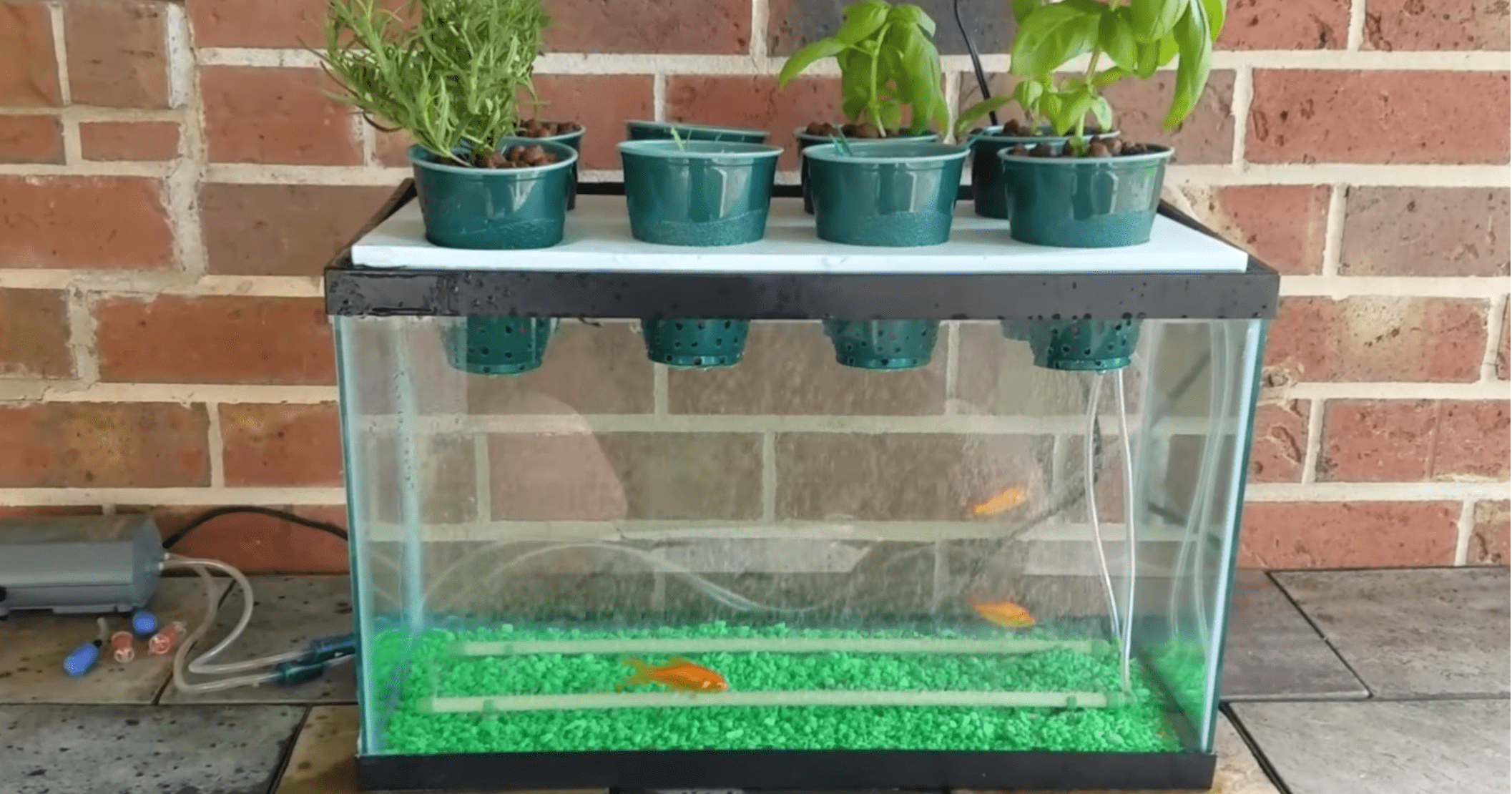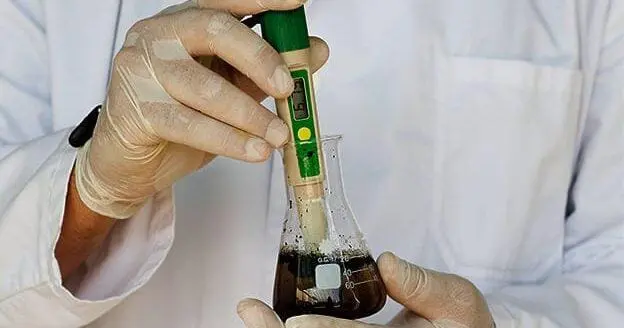
Aerospace

Agriculture & Biosystems
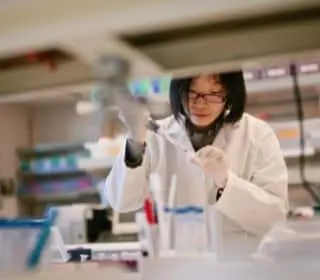
Biomedical

Chemical

Civil

Computer Science

Electrical

Environmental

Industrial
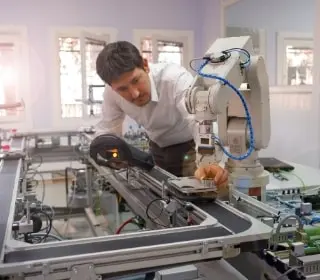
Manufacturing

Materials Science

Mechanical

Mining & Metallurgical

Nuclear

Petroleum
Project Management
Agricultural & Biosystems Engineering
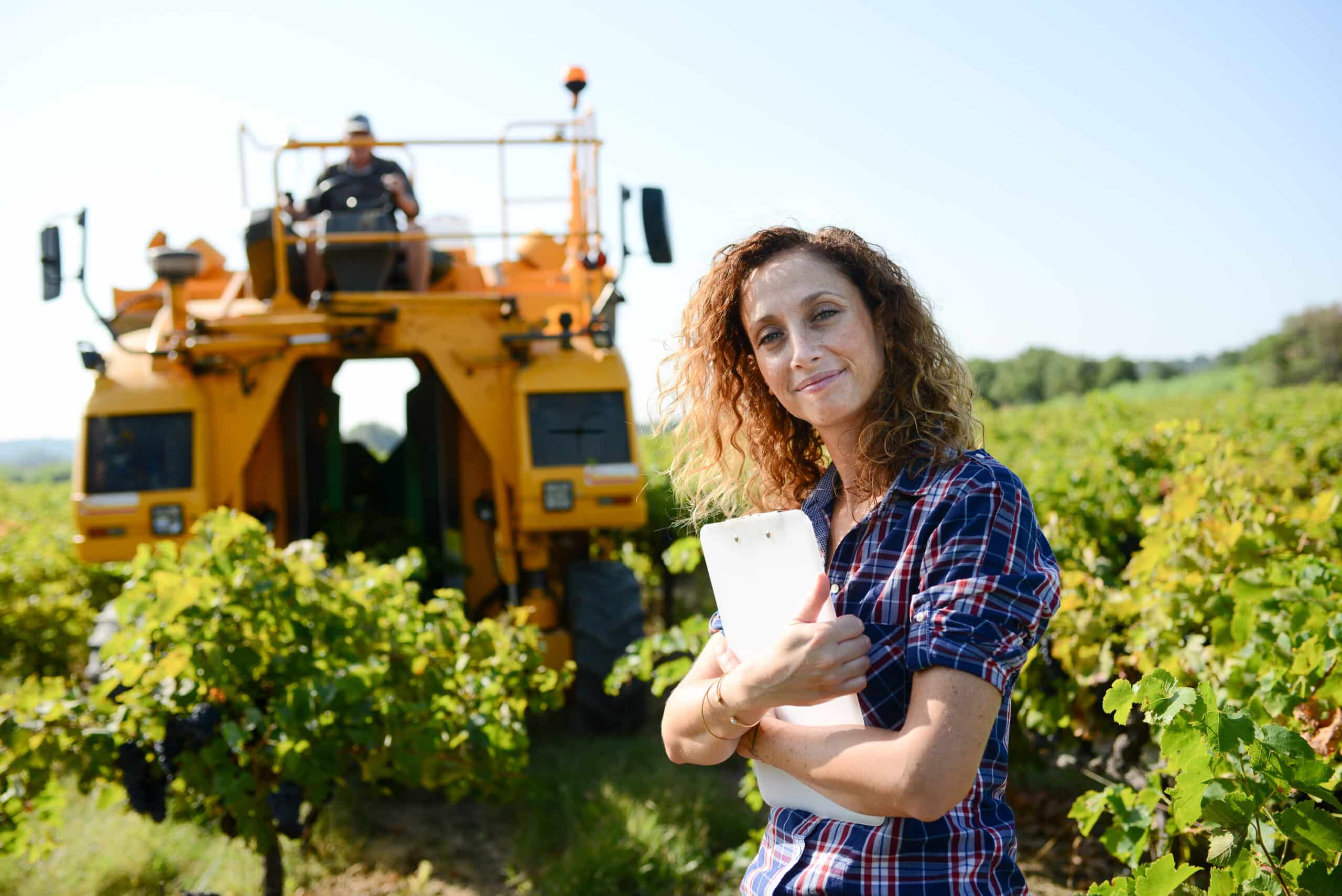
Are you looking to improve our quality of life, protect the environment, and help meet the needs of a growing world population? In agricultural and biosystems engineering, you might be asked to use your knowledge of biology and engineering to develop plant-based products like medicines, biodegradable packaging, and biomass energy; or design methods of keeping harmful microorganisms out of our food supply; or redevelop streams in areas impacted by mining, urban, and agricultural activities. In this rewarding career in agricultural and biosystems engineering, you’ll be constantly innovating to meet the needs of humankind in sustainable ways.
Agricultural & Biosystems Overview1
$92,600
Median salary
2,000
Number of jobs in 2020
5%
Expected job growth over 10 years
Jobs and education
4-year degree:
- Design innovative systems for growing fruits, vegetables, livestock, and fish
- Identify biomarkers of cognitive aging in rats
- Create drainage and irrigation systems to conserve water in low rainfall communities, keep areas safe during intense storms, and keep reservoirs healthy and secure.
- Create comfortable environments for animals
- Design farm equipment that can be operated by people with disabilities
- Participate in international development projects, helping small farmers increase their yield and preserve more of their harvested crops against insects and mold
2-year degree:
- Manage a dairy or other type of farm operation
- Maintain, repair or sell agricultural equipment
- Provide technical support for water-quality testing
Real world engineering projects
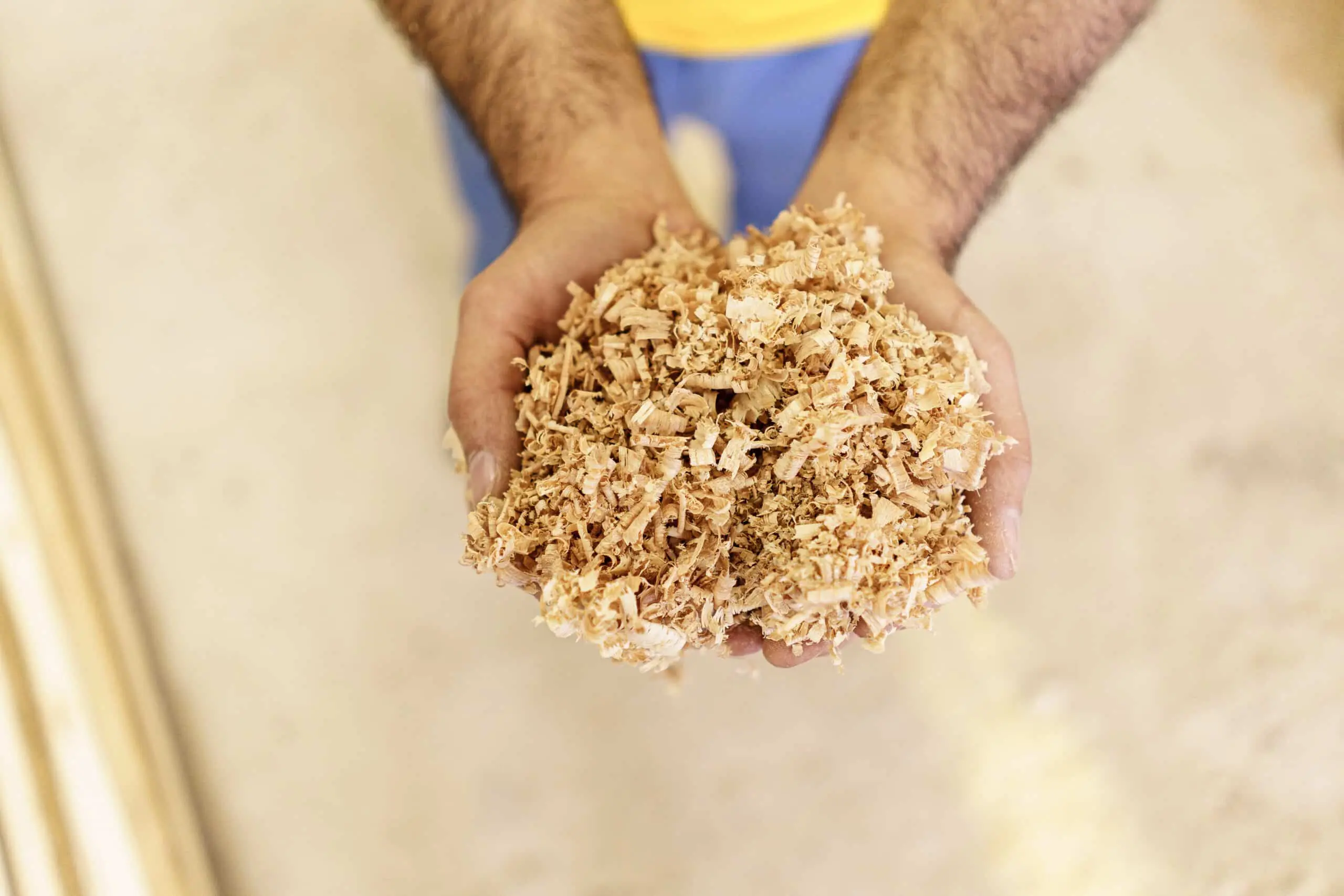
Can Woodchips Help The Gulf Of Mexico’s Dead Zone?
“Denitrifying bioreactor” may sound like a high-tech operation, but it’s in fact a nature-based solution to one of the problems that result from our efforts to get the best yield from the crops we grow. When agricultural nutrients are applied to crops, not all of them are absorbed by the plant; excess can run off and make their way into streams and rivers. To address this problem, agricultural engineers are using wood chips placed strategically in farmland. The wood chips are home to naturally occurring bacteria that break down the nutrients before they can infiltrate waterways.

Turning Pollutants into Food
Reduce, reuse, recycle—these are the underlying imperatives of sustainability. Biosystems engineers at Auburn University are doing their part by turning farm wastewater into fish food. Using a process that involves bacteria, algae, and photosynthesis, the engineers convert nutrient pollutants in manure wastewater into protein-rich fish food. In addition to the aquacultural benefits, the innovative process is good for the environment because it reduces reliance on the specially designed manure-storage lagoons, which are odorous and can overflow in severe rainfall events.
Explore more
Make a donation
References:
1. American Society of Agricultural and Biological Engineers



